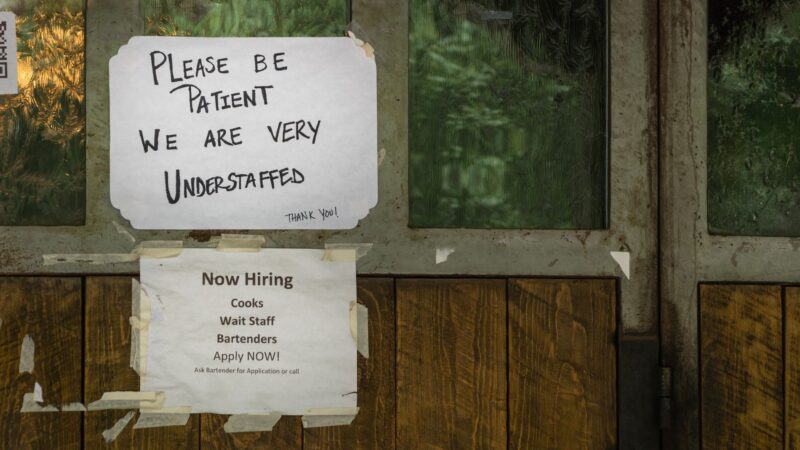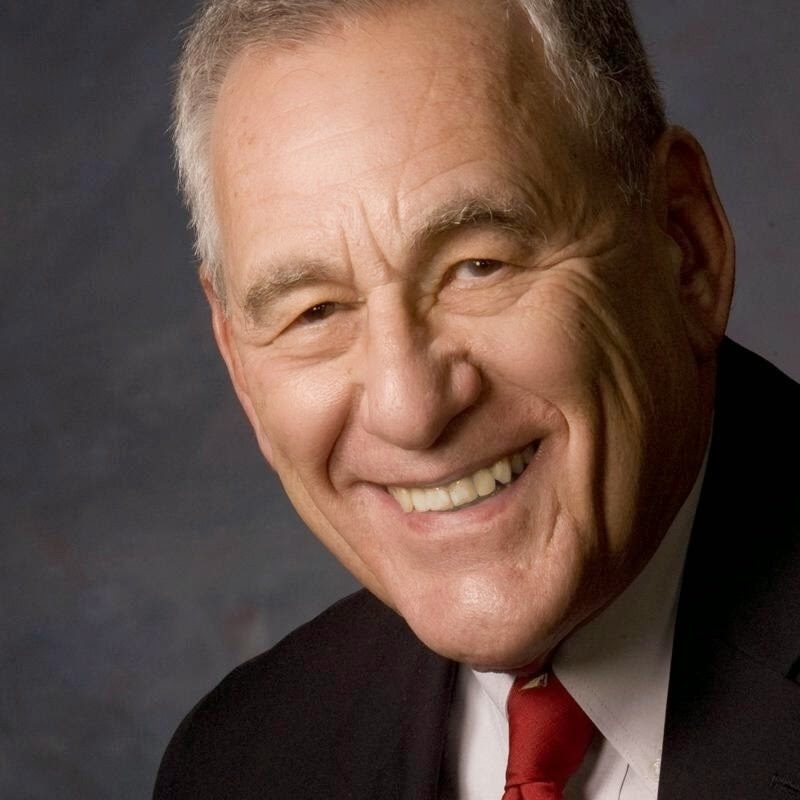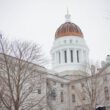“Jobs, jobs, jobs.”
That’s the campaign theme of every political candidate. The U.S. economy simply does not have enough jobs, and most people believe that government should do something about it.
While several ways have been proposed to create jobs, they may be based on a faulty understanding of the problem.
WHAT’S THE PROBLEM WITH THE ECONOMY?
The economy is experiencing what has been called the “Great Recession,” with an estimated 17 percent of the work force unemployed or no longer looking for work. This recession may have more in common with the Great Depression of the 1930s, when unemployment reached 25 percent, than it does with other, more recent recessions.
Most recessions are caused by what economists call “the business cycle.” Occasionally, the economy gets out of balance: purchasing slows, prices stall or fall and workers are laid off. Under these conditions, the economy will try to self-correct, usually with a boost from government spending to partly replace individual outlays.
Because that is what normally happens, many people expect it to happen this time and are distressed that it’s not. Politicians get the blame, partly because they always claim the credit when the economy is going well.
Some economists believe this is a so-called “structural” recession, caused not by the business cycle but because we have bent that cycle totally out of shape. That is why it is similar to the Great Depression.
This recession started when the housing market collapsed because many people could no longer afford to make mortgage payments on their homes. Mortgage balances were higher than the value of the homes mortgaged. In fact, excess mortgage lending permitted people to live beyond their means, which many compounded by overuse of credit card debt.
Eventually, too many Americans lacked the money to pay their bills. No turn of the business cycle could fix that.
CAN GOVERNMENT “JUMP START” THE ECONOMY?
In the current situation, government is expected to step in and help create jobs. President Barack Obama calls this giving the economy a “jump start.” That would mean that the economy restarted instantly like a car motor. But, recovering from a structural recession is more like pulling a car out of a ditch.
One big problem with the government taking the initiative is that it has behaved just like the rest of us — living on debt. The federal government cut income taxes, began a prescription drug benefit, and financed wars in Afghanistan and Iraq, all without asking for any contribution from the public. It was all done by debt, and the payments, if the debt is not cut, could overwhelm the federal budget.
GOVERNMENT SPENDING OR TAX CUTS?
If there were to be more government spending on jobs, with no more debt possible, it would have to be done by raising taxes.
That approach would be consistent with the tradition of government hiring more people and paying the private sector to carry out public works. That’s what the federal government did during the 1930s, and it worked – quite slowly. In fact, when funding was cut back midway through that recovery, the economy took a second nosedive.
The reverse approach is for government to cut taxes, leaving more money in the pockets of individuals. Presumably, they would spend more, stimulating the economy. That could work faster, but there is no assurance that money would be spent productively rather than on, say, more imports or bigger executive paychecks. And it might not be enough.
The first way is supported by Democrats, and the second has been traditionally the Republican method. President Obama has rolled funding for his jobs proposal into a broader plan to cut the deficit. He announced Monday that he wants to raise money for job creation and deficit reduction by a combination of tax increases on upper income people and spending cuts. He said that he has included some measures that the GOP has supported in the past.
But a growing part of the Republican Party and all of the candidates for its presidential nomination believe that government itself is the problem. Its role should be reduced, not expanded, and the debt lowered by cutting government programs. They say that taxes should not be raised on the wealthy, who create jobs. That suggests that there would even less job creation than at present if taxes were raised on the wealthy.
Though many believe that government has poured endless streams of money into the economy, Republicans in Congress have been effective in blocking many Democratic spending proposals. They suggest that the economy will cure itself and that, without government spending, people will rebuild the economy themselves. This process, if it works, would take several years.




